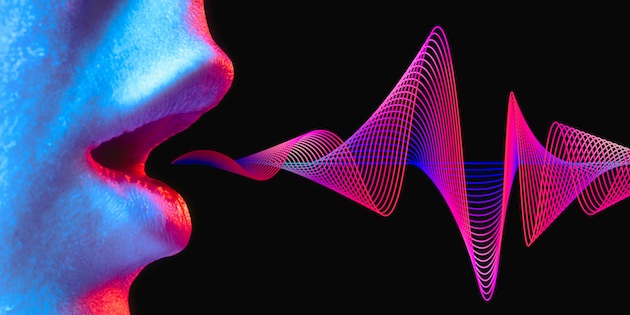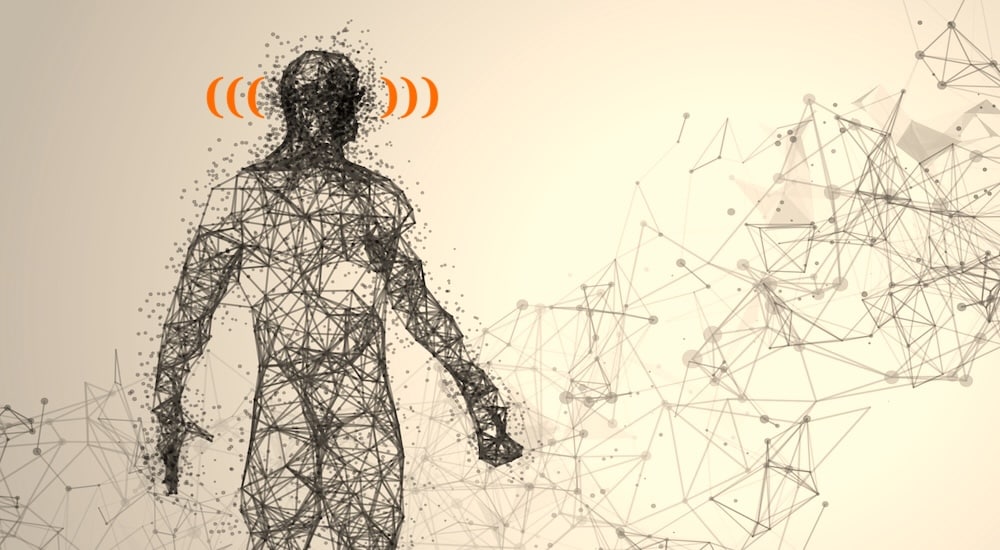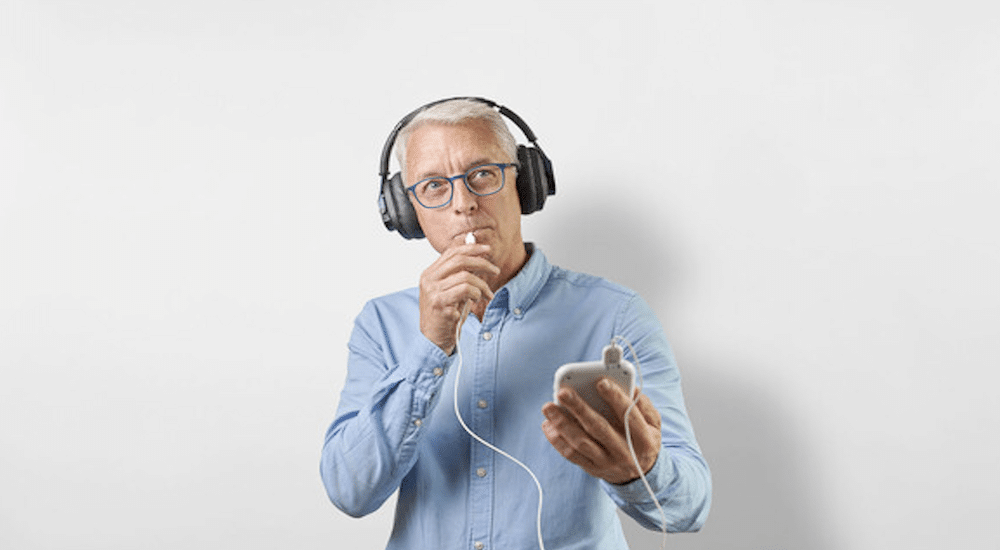Is this the future: "MY HEARING AlD TOLD ME I HAD PARKINSON'S"
The move by hearing aid marketeers into the terrain of health and well-being is significant, and manufacturers know their future devices could form part of the future of precision medicine, perhaps flagging up a wearer's illnesses.

The soul reveals itself in the voice only,” wrote the American poet Henry Wadsworth Longfellow, eulogising the wonders of the sounds of the human larynx.
Others know this too, in more prosaic and scientific ways, especially those currently investigating the voice as a biomarker for diagnosis, risk prediction, and remote monitoring of various clinical outcomes and symptoms.
And the manufacturers of hearing aids, who have lately issued many fruits of their intuitions that such devices are brilliantly placed to monitor aspects of health, also know that a hearing aid that can learn through complex computing (AI) will be able to know when information contained in the vast arrays of sound from its wearer’s vocal cords is revealing telltale signs of one or various pathologies.
In conversation with this publication, Sonova Group Senior VP of Science and Technology, Stefan Launer thrilled at these future possibilities involving hearing devices, describing research into interpretation of emotional responses in patients as “an exciting field where we actively participate in trying to improve the performance of our systems”.
Indeed, Launer recognises that good hearing care professionals already use instinct and experience – their human intelligence – in carefully listening to patients’ voices, making important communication evaluations by understanding the tone of exchanges in consultations.
“I think this is a topic that should be considered both with respect to counselling about the impact of hearing loss on perception and communication, as well as with respect to how we can improve it through signal processing in our devices” the Phonak expert told this channel.
“There is quite a bit of work going on in other fields, using voice as a biomarker to identify and understand affective speech – to detect when people are stressed (police, fire fighters, doctors, pilots – in stressful situation or patients on the phone)” continued Launer.
As this expert well understands, research into the use of vocal biomarkers, and how to guide this study into usefulness for clinicians, is making good progress. A key published discussion by academics from the Luxembourg Institute of Health describes the human voice in the context of biomarkers as “a signature, a feature, or a combination of features from the audio signal of the voice that is associated with a clinical outcome and can be used to monitor patients, diagnose a condition, or grade the severity or the stages of a disease or for drug development.”
And the growing number of conditions that might be revealed by vocal information – detectable by a smart hearing aid listening familiar with its wearer’s voice – includes Parkinson’s disease, Alzheimer’s and mild cognitive impairment, multiple sclerosis, rheumatoid arthritis, mental health. cardiovascular disease, and even Covid-19. Voice disorders in neurodegenerative disorders – the area of most studies so far in the vocal biomarker field – occur with very high frequency (as high as 89%).
Such a focus on voice relating to cognitive issues will ring even more bells for hearing science. “The medical problems diagnosed with these biomarkers are those that correlate strongly with hearing loss” underlines Stefan Launer, stressing that the work is very relevant for Phonak (Sonova) because 1) our target customers are the target group for these biomarkers, and 2) with our devices we could potentially measure the respective biomarkers.”
Launer points out, however, that “most research on these biomarkers has been conducted in rather confined environments and not yet in daily life with on body sensors.”
Precision diagnosis through the voice
The Luxembourg scientists behind the aforementioned US National Library of Medicine report are in no doubt about the future of this area: “It becomes clear that voice will be increasingly used in future health systems: vocal biomarkers will track key health parameters remotely and will be used for deep phenotyping patients or designing innovative trials, opening the way to precision medicine, while voice technologies will be integrated into clinical practice to ease the lives of both patients and healthcare professionals.”
And their conclusion on where research must go is a further justification of the hearing device industry’s shift into the more general health sphere: “We need to move from a technology-oriented approach to a more health-oriented one, by creating studies and high-value datasets for providing evidence of the benefits of such an approach.”
Source: Audiology News UK issue 01 March-April 2023


